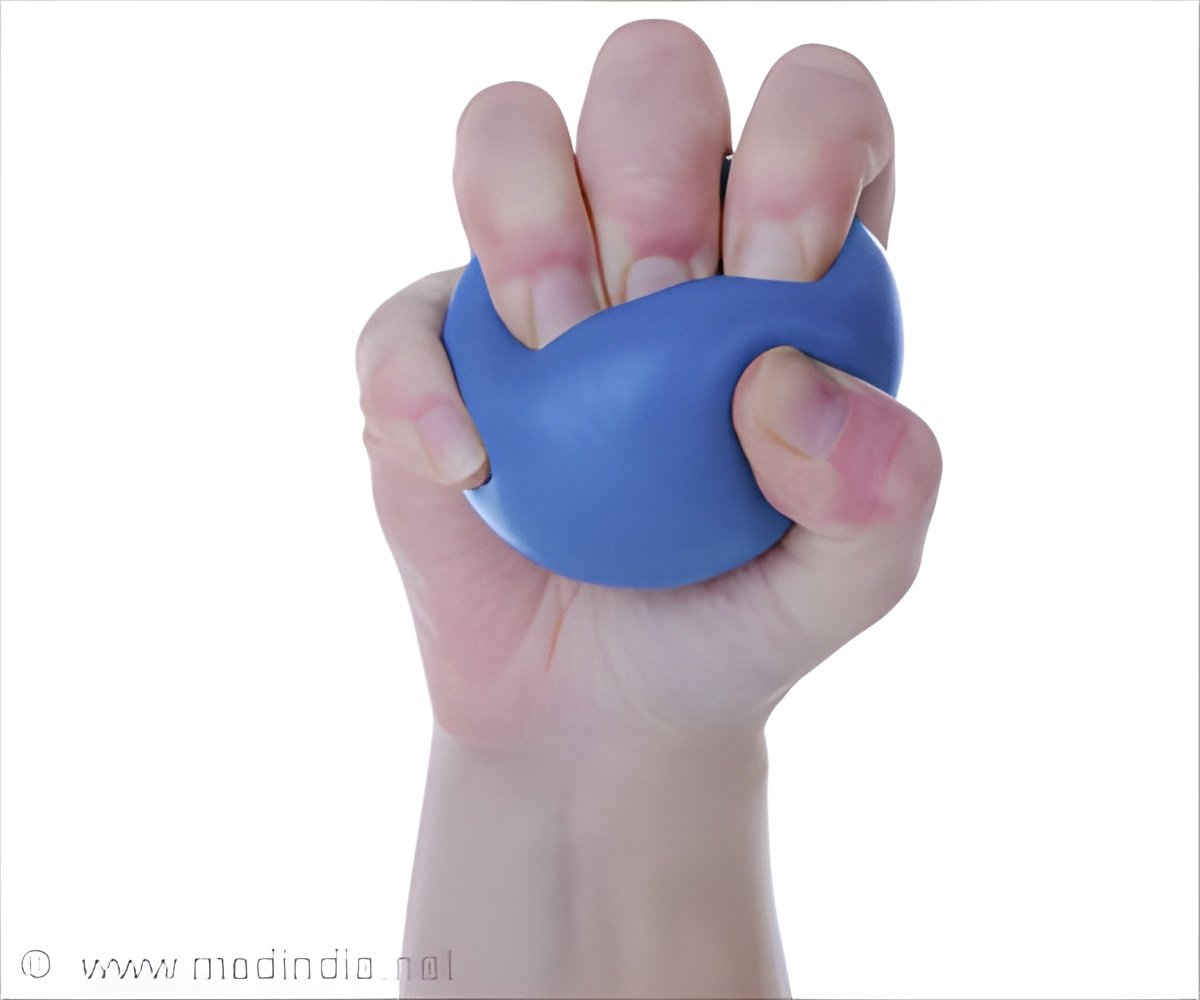Researchers from the Medical Research Council Lifecourse Epidemiology Unit, University of Southampton have shed new light on how grip strength changes across the lifespan.

However, there is little information on what might be considered "normal" grip strength at different ages.
This research from the Medical Research Council Lifecourse Epidemiology Unit (MRC LEU), University of Southampton, which combined information from 12 British studies, included grip strength readings from 49,964 participants aged from four years old to 90 and above, and combined them to produce reference charts.
Lead author Richard Dodds said that they found that men were typically stronger than women from adolescence onwards, but both men and women reached a peak level of strength during their thirties before becoming weaker with age.
Dodds added that they are now clear about the range of normal strength in young adults and have used this information to propose levels below which an older person would be considered to have weak grip strength.
GPs or hospital doctors could use the information in this study to help interpret measurements of grip strength and to identify those at risk of frailty and loss of independence.
The study was published in PLOS ONE.
 MEDINDIA
MEDINDIA




 Email
Email




